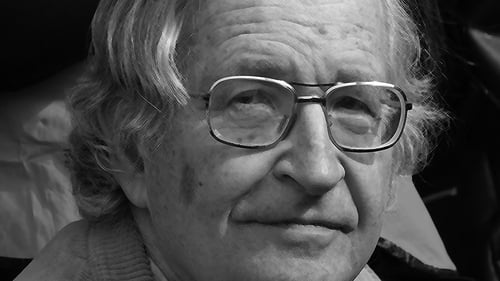
Director of Photography

Director of Photography

Director of Photography

Director of Photography
A film about the noted American linguist/political dissident and his warning about corporate media's role in modern propaganda.

Director of Photography
This documentary short is a portrait of Canadian photographer William Notman. Photography was still in its infancy when he opened his first studio in Montreal in the late 1850s. He rapidly turned his art, and a budding technology, into a highly successful business. Within 5 years he was appointed Photographer to the Queen. Not content with doing mere portraiture, he saw photography as a means of documenting history. With the use of props in his studio, composite photographs, and calling on his background as a trained artist, Notman immortalized the people and places of Canada.

Director of Photography
Devil at Your Heels, traces the trials of stuntman Ken Carter who attempts a death defying aerial jump in a car. Not content with a normal jump, Ken Carter attempts a jump from Canada to the USA.

Director of Photography
This documentary short is a portrait of Leader of the Progressive Conservative Party and 13th prime minister of Canada, John George Diefenbaker (1895-1979). Diefenbaker's political career spanned 6 decades. When he died in 1979, his state funeral and final train trip west became more a celebration of life than a victory for death.

Director of Photography
This film, based on the play of the same name, portrays the harsh lives of early Saskatchewan settlers and the foundation of the co-op movement on the Prairies.

Director of Photography
Bureaucracy shapes our lives and guides us from the cradle to the grave. This documentary lays bare the idiosyncrasies of bureaucracy, whether in Canada, Austria, Hungary, the Vatican or the Virgin Islands. It also attempts to make the functioning of the public service more comprehensible. The absurdities of bureaucratic behaviour are exposed with humour and irreverence.

Director of Photography
A short lyrical document about an ancient Oriental discipline, this film moves from the streets of China, where the people practice Tai-Chi daily, to North America, where the same movements are executed by a solitary figure in a park.

Director of Photography
Edited from almost 100 km of film footage shot during the Games, this feature documentary is a breathtaking portrait of the 1976 Montreal Olympics. Much more than a simple record of the Games, the film approaches each event with the intention of revealing the athlete - whether winner or loser - as a unique individual.

Director of Photography
This short documentary is about newcomers to Canada and what they eat. Funny, mouth-watering and visually delectable, it takes us into the specialty food shops where the ingredients are bought, and into the homes where the food is prepared and served in the traditional way.

Cinematography
A cemetery in St. John, New Brunswick, Canada is seen through the eyes of its former superintendent.

Director of Photography
Lumsden, Saskatchewan is a town of 850 citizens on a river called the Qu'Appelle. In the spring of 1974, the river doubled its volume and threatened to flood the town. The townspeople organized themselves and the whole province stood behind them. Lumsden is the story of an incredible battle against impossible odds.

Camera Operator
Examines the system of symbol communication devised by Charles Bliss for use by speech handicapped and deaf individuals. Profiles the life and work of Bliss and shows how his system is used by speech handicapped children at a Canadian center for crippled children

Director of Photography
The film documents Bill Reid's own trip home to visit his parents in Sarnia, Ontario, and the family's conversations about the communication difficulties and generational differences in values that have complicated their familial relationship.

Cinematography
This absorbing documentary looks at the multi-faceted career of F.R. Scott, a truly remarkable Canadian whose work and vision of social justice spanned and influenced an entire era as Canada evolved during the 20th century. The film looks at Scott's role in the founding of the CCF Party in the 1930s, his years as a teacher of constitutional law, as a modernist poet, and as a champion of civil liberties. Appearing also are eminent figures from the fields in which Scott excelled, among them David Lewis and Eugene Forsey. Highlights include Scott's courtroom challenges of the Duplessis regime in the 1950s, his controversial support of the War Measures Act during the 1970 October Crisis in Québec, and readings from his poetry.













